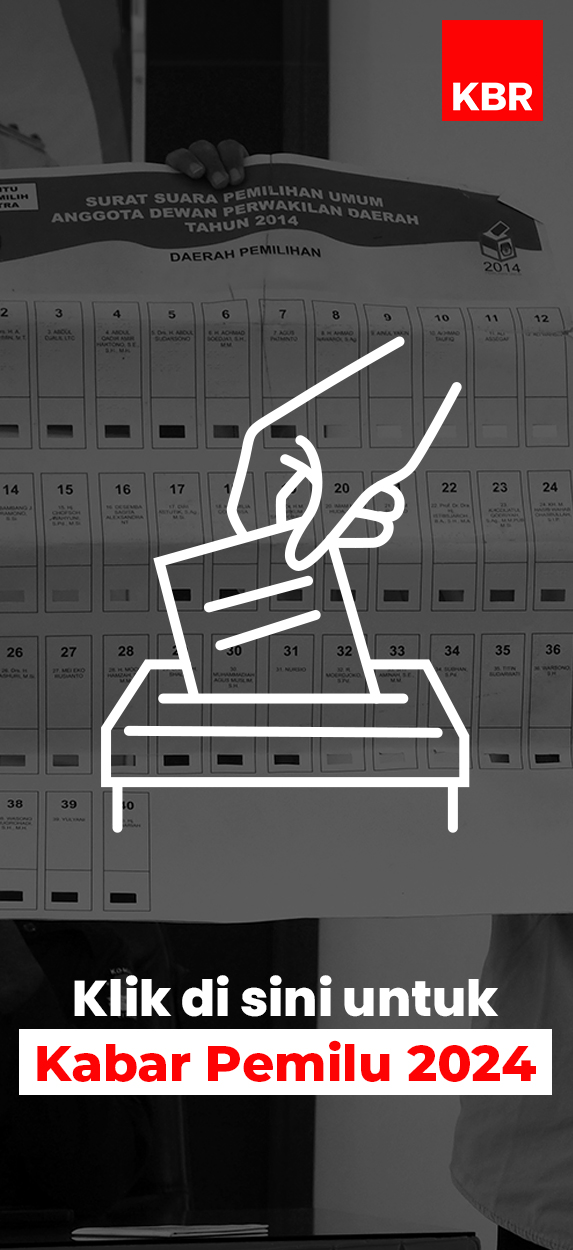Soda becomes more popular in Vietnam every year.
But the government is worried about rising obesity and diabetes.
And this month, it will vote on whether to impose a 10 percent soda tax.
But Tran Lan Huong, a certified health coach, says it’s not enough.
“I think a 10-percent rate tax is not going to make any difference in the consumption because the price of soda in Vietnam is already very low. If the tax comes alone without any explanation or campaign of why it has to be taxed -- the reason is for health, for public health, for example -- then the impact will not be significant.”
Huong says the proposed tax should target sugar, like in most other countries that have a fat tax.
But for Sesto Vecchi at the American Chamber of Commerce, the measure is a form of protectionism.
“The tax itself is solely on carbonation, which seems quite peculiar. Largely, carbonated drinks are manufactured by foreign-owned companies. Non-carbonated drinks are manufactured by Vietnamese-owned companies.”
Official figures show that Vietnamese consumed nearly one billion liters of soft drinks in 2013.
But Le Vo Thanh Danh tries to limit how much soda she drinks.
Still, she thinks the tax would not make people give up soft drinks.
“From what I’ve seen, soda is very popular. During parties, or when going out, or even at school, people like to have soda. So for people who want to give up soda, it’s really hard because it’s a part of daily life, like a habit. And it tastes really good, so people really want to drink it.”
Drink vendor Le Thi Giau says she doesn’t mind if prices go up, because paying taxes is the duty of all citizens.
“Whatever our job, whatever we produce, of course we have to pay part of it in taxes to the government. Every country is like that. The government takes that tax money and uses it for the public. It’s not like they take it all.”
Although the tax may be imperfect, health coach Huong still welcomes it.
“I’m actually very happy, as maybe this is the first time that the National Assembly is proposing something on healthy food or healthy lifestyles. Of course, it only covers carbonated drinks at this time. But if it continues in this trend, similar policies could be introduced to cover other unhealthy food.”







